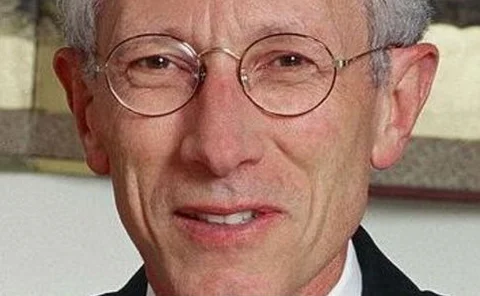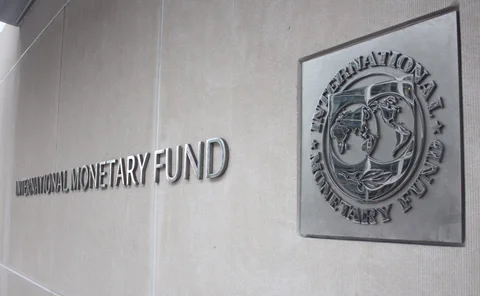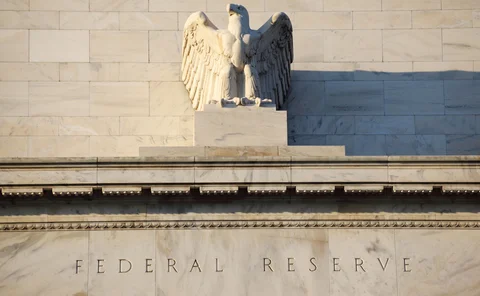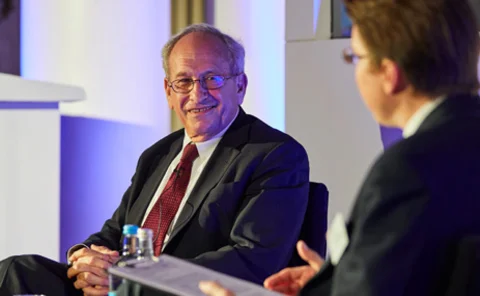Dodd-Frank Act
Supervisory lessons: fault lines in prudential regulation
Former Bank of Spain head of supervision Aristóbulo de Juan highlights the lessons he has learnt about weaknesses in prudential regulation, in the second of a four-part series on supervision
James Bullard on 2% rates, tariffs and Fed leadership
The president of the Federal Reserve Bank of St Louis speaks about the impact of US trade policies, the disruption to the banking industry from Silicon Valley, shrinking the Fed balance sheet and the potential for agent-based modelling
Banks tend to game stress tests, Fed economists say
Models tend to be subject to “strategic adjustments”, paper finds
Book notes: Unfinished business, by Tamim Bayoumi
Anand Sinha praises Bayoumi’s analysis of how the euro crisis and US housing crash were, in fact, intertwined
Banks stumble in second round of Fed stress tests
Fed demands Deutsche Bank take remedial action; two others told not to increase dividends
Major banks pass Fed stress tests
All banks assessed reached minimum capital requirements in more adverse scenario
Is the US dismantling Dodd-Frank?
Richard Heckinger asks whether recent amendments to the Dodd-Frank Act amount to technical tweaks or full-scale rollback
US House passes deregulation bill with bipartisan support
Once President Trump signs it, measure will relieve some regional banks from stricter requirements
FCA prepares crackdown on inaccessible Mifid data
UK regulator says approved publication arrangements not observing spirit of the rules
Critic of regulation likely to become next head of FDIC
Jelena McWilliams to appear before senate prior to FDIC chair appointment
Deregulatory bill gathers bipartisan support in US Senate
The amendment lifts the asset threshold beyond which banks are submitted to stricter oversight
Revised Basel output floor could hit US banks after all
Fall in operational risk weights could push up capital requirements for market and credit risk
Minneapolis Fed launches too-big-to-fail plan
The four-step plan proposes stricter capitalisation rules for big banks and looser regulation for smaller institutions
Dudley: use ‘paring knife not meat cleaver’ on Dodd-Frank
New York Fed president accepts that some elements of Dodd-Frank could be improved, but also says vulnerabilities remain
Fed’s Fischer criticises efforts to unwind banking regulation in the US
The economist describes attempts to reduce capital standards as “extremely dangerous and extremely short-sighted”
Fed and FDIC extend resolution plan-filing deadline for banks
Nineteen foreign banks granted more time were already given one-year extensions in 2016
IMF research explores effects of lighter rule on US banks
Republicans in Congress claim Dodd-Frank increases complexity and hampers small banks’ lending
FDIC’s Hoenig warns on relaxing bank capital requirements
The Trump administration claims regulations hamper lending and economic growth, but Thomas Hoenig argues capital is an essential source of funding for banks
US regulators hand Volcker rule exemption to foreign firms
Agencies are conducting a review of how the Volcker rule is applied to foreign investment funds, as some appear to be captured unintentionally
Randal Quarles nominated to Fed’s top supervision role
Donald Trump’s pick for vice-chair of supervision viewed as a moderate figure, but critical of Dodd-Frank Act
Biggest US banks weather severe stress test
Fed report on stress tests applied to 34 bank holding companies indicates largest institutions would remain well capitalised even in a severe shock
Crapo: US Treasury reforms will be ‘complicated’
Democrats unlikely to back changes that benefit big banks, Senate banking committee chair says
US Treasury proposals seek to water down Basel III
Proposals include axing parts of liquidity rules, reducing the use of stress testing and the possibility of allowing banks to opt out of the Volcker rule
Former Fed vice-chair Kohn on populism, top central bankers
Donald Kohn speaks to Christopher Jeffery about his fears for the Fed amid mounting populism, why he has few policy regrets and his experiences working with some of the world’s top central bankers





















